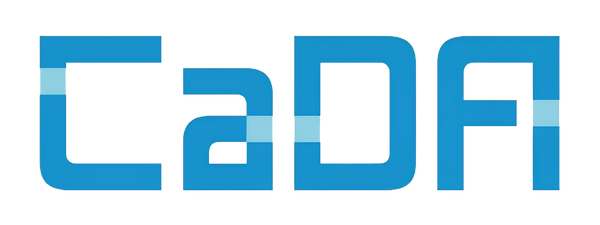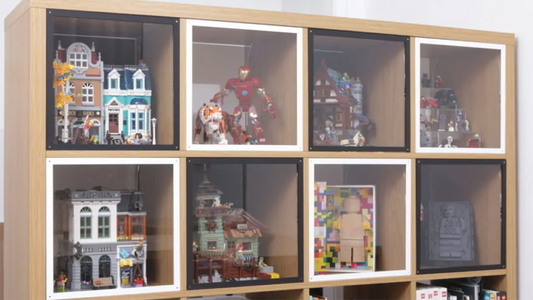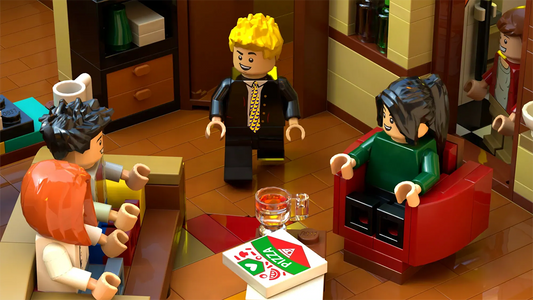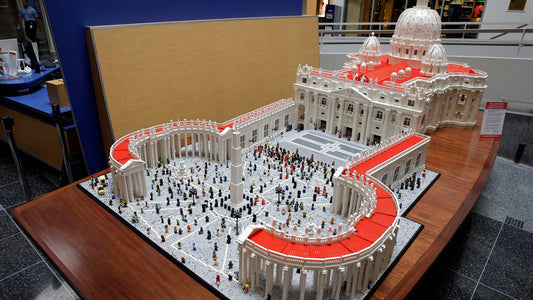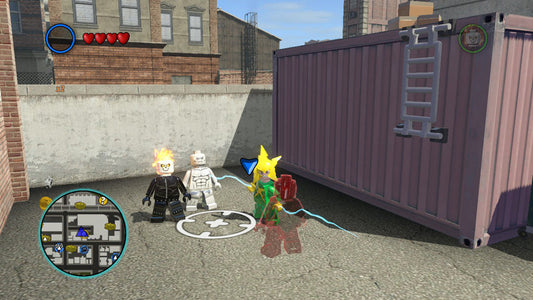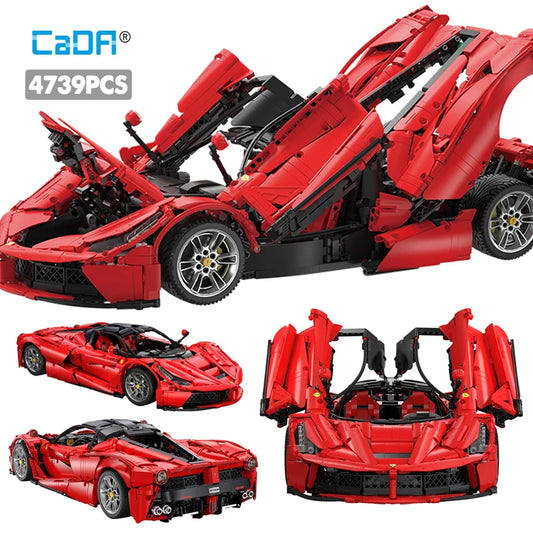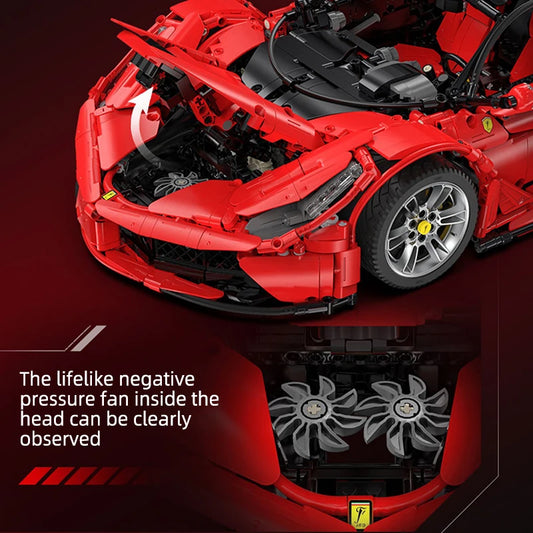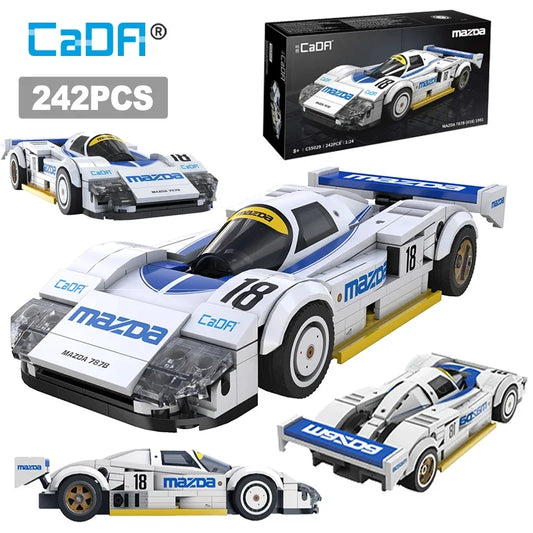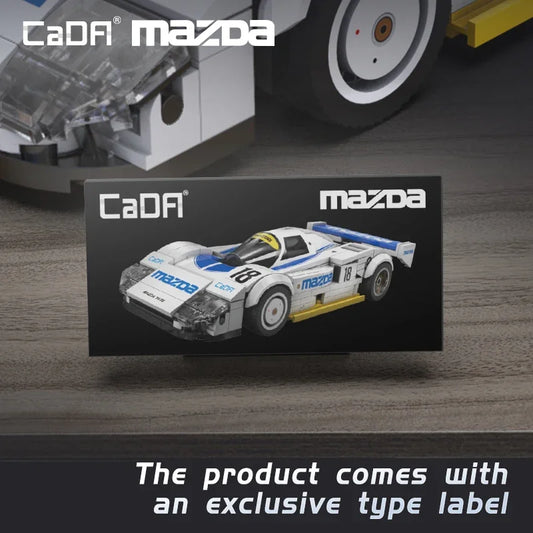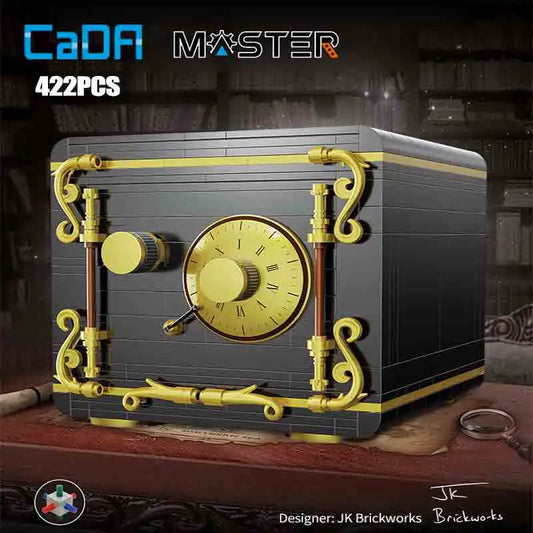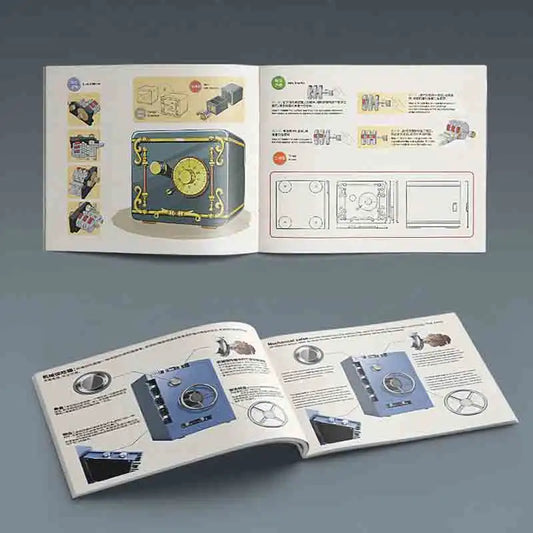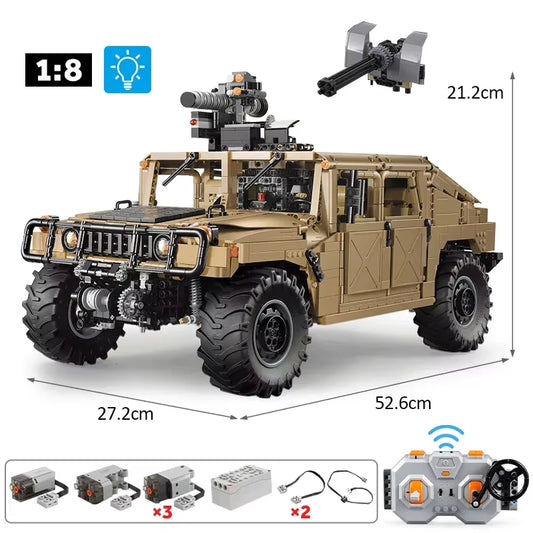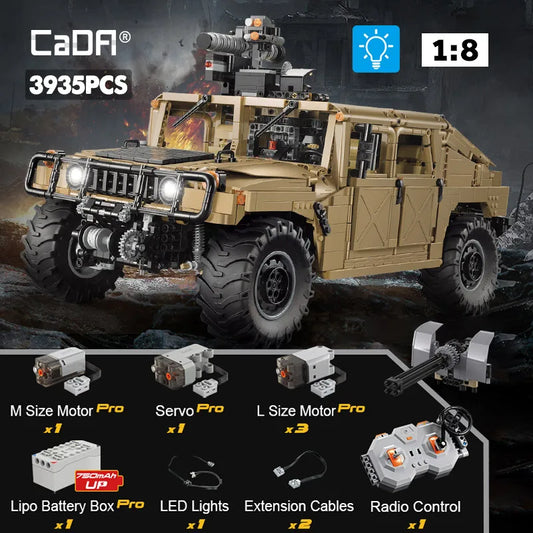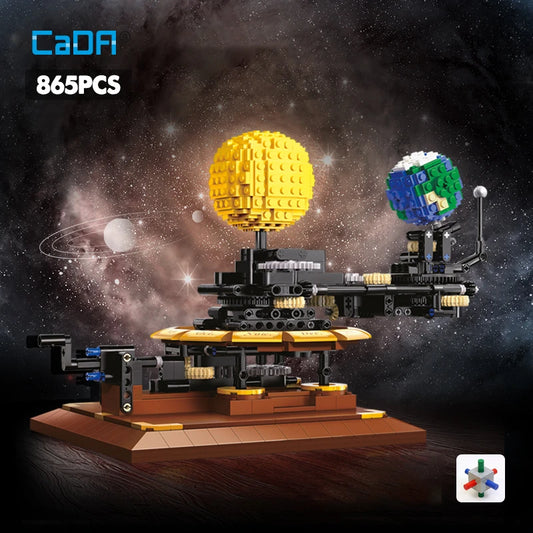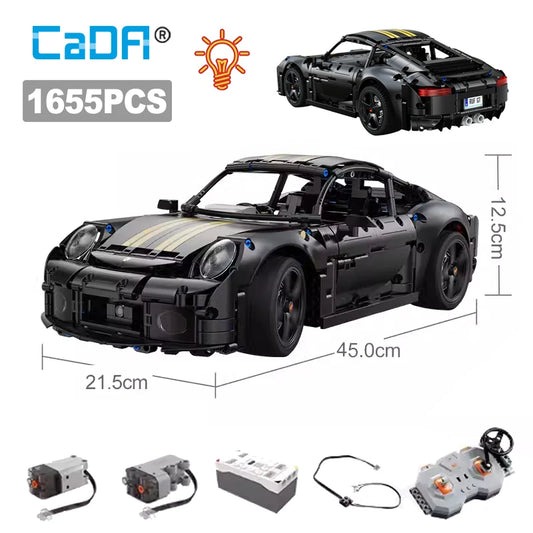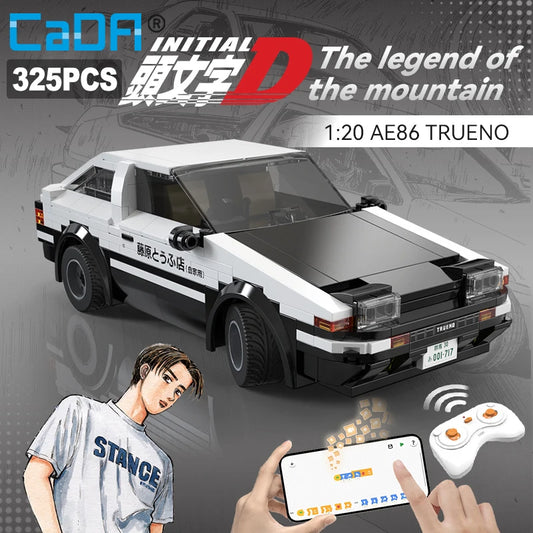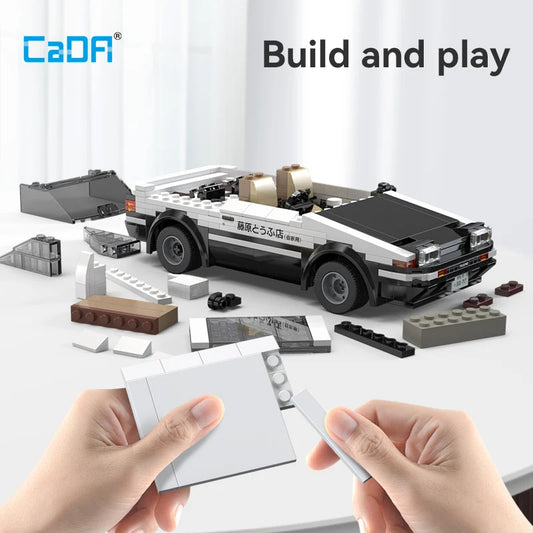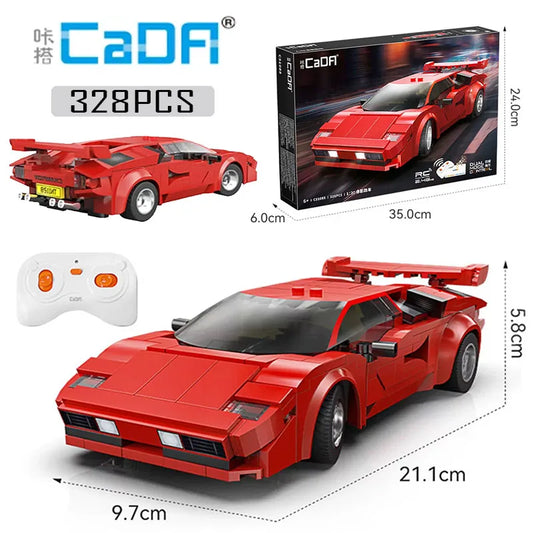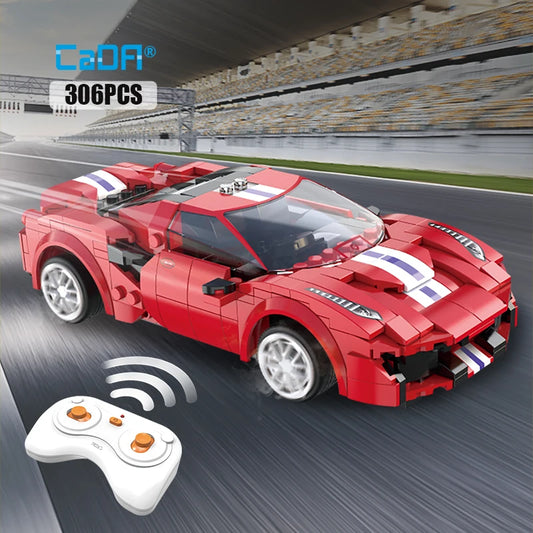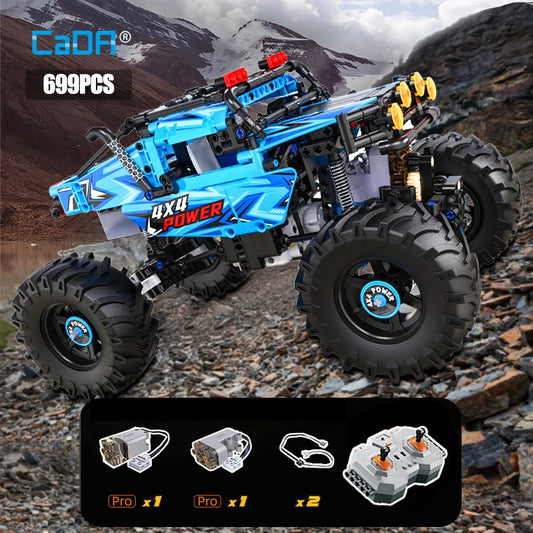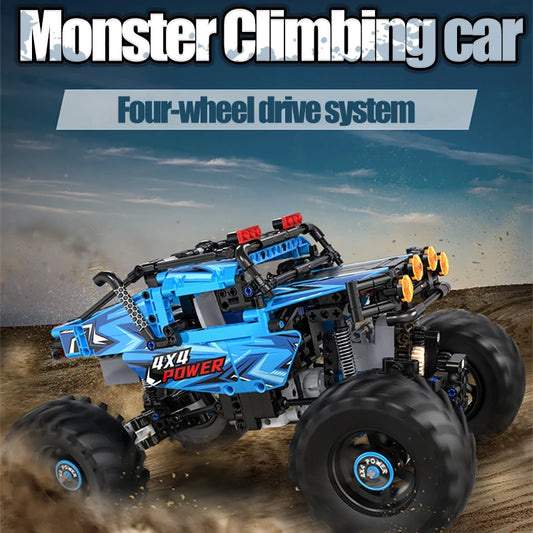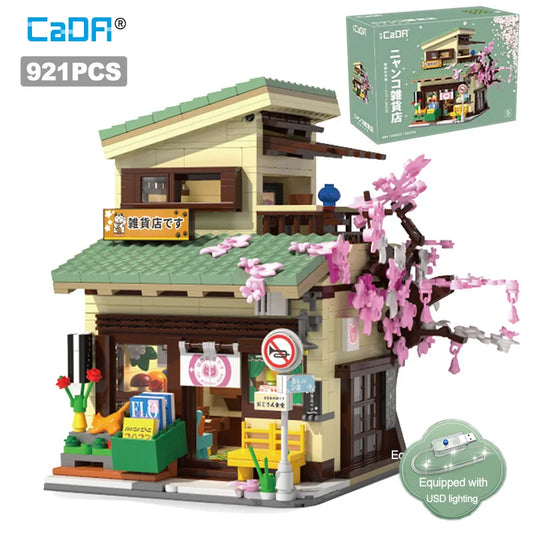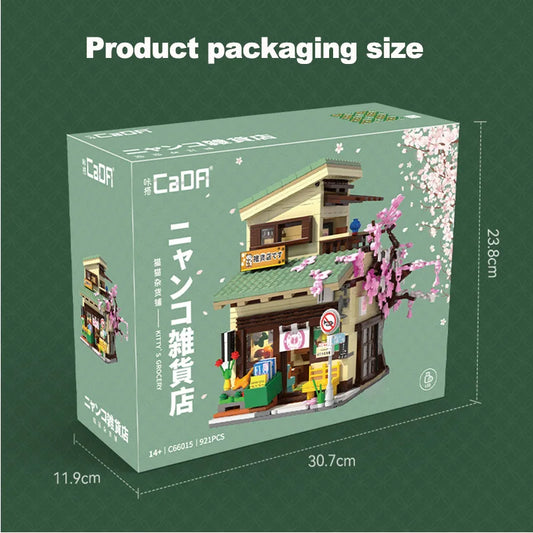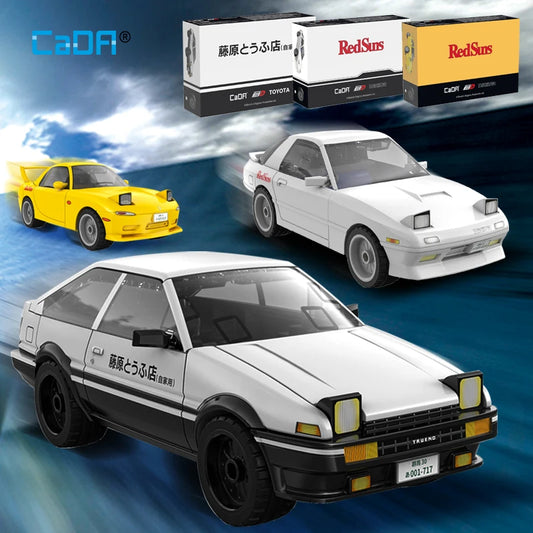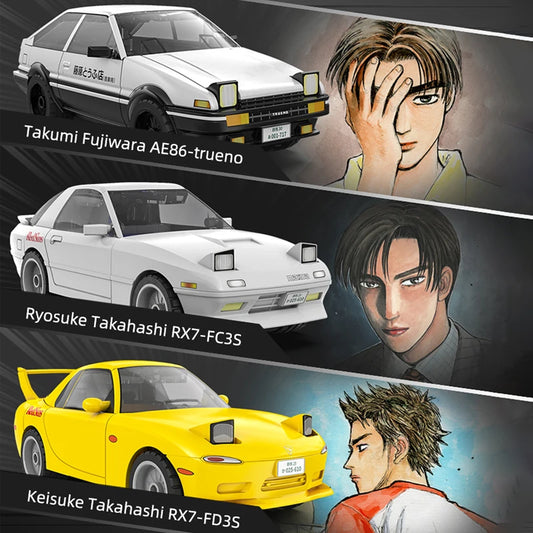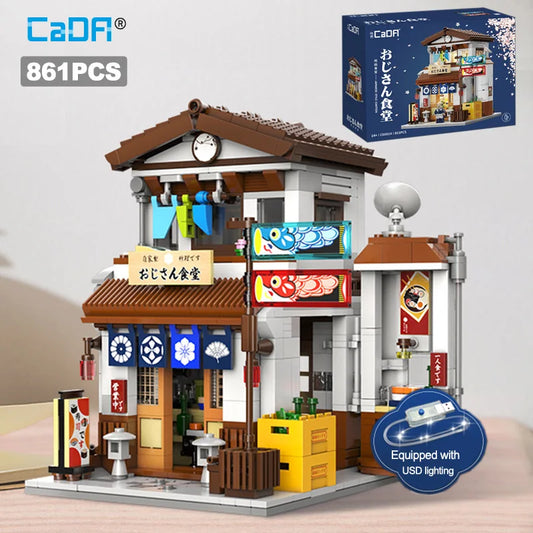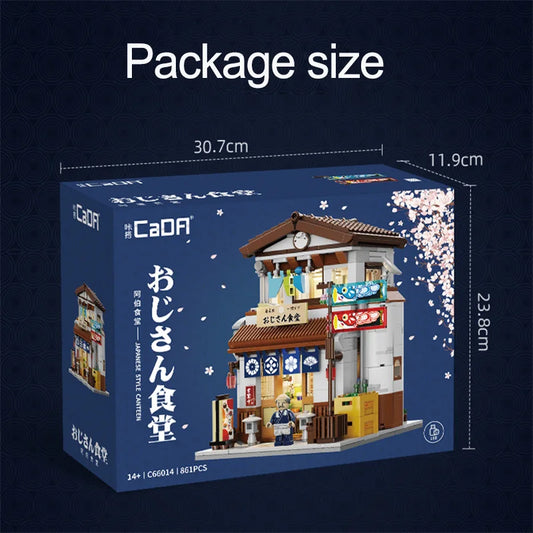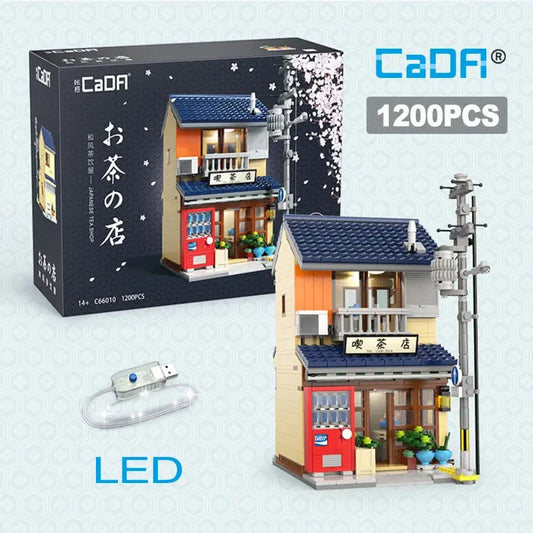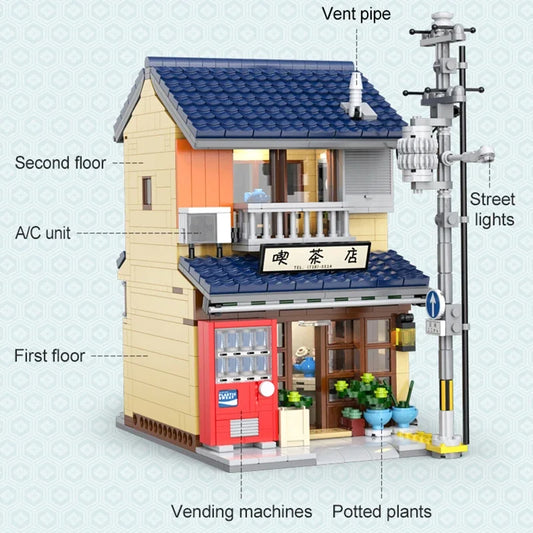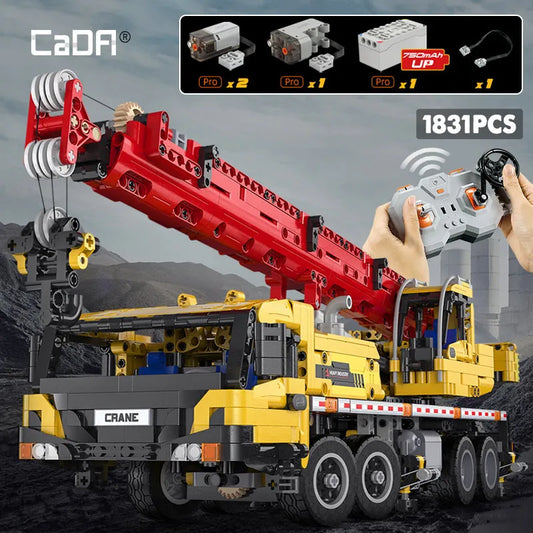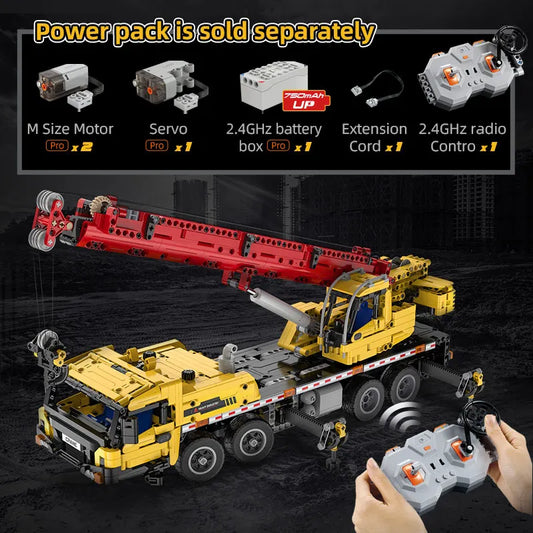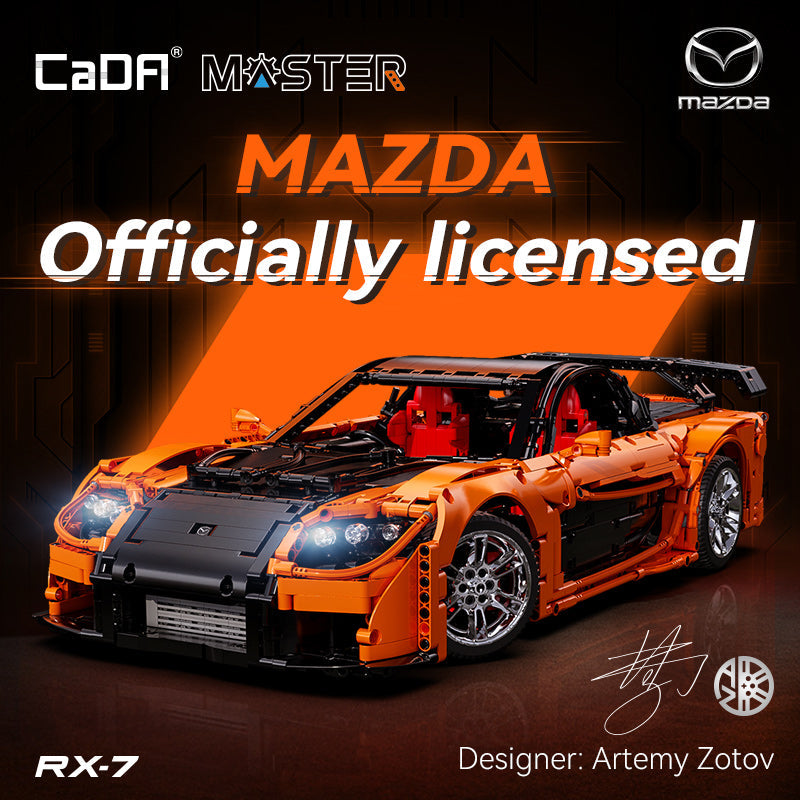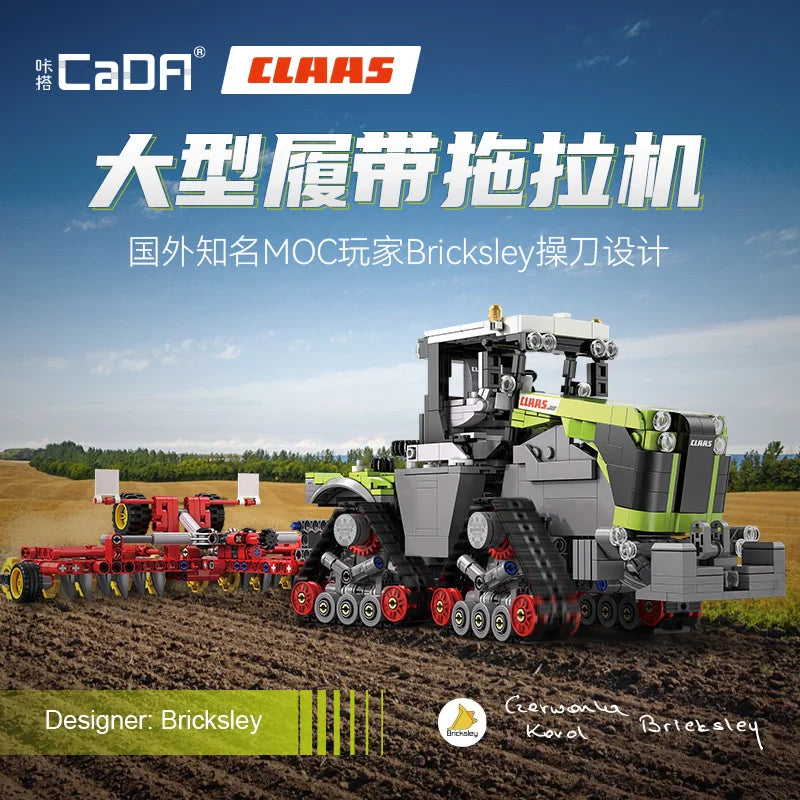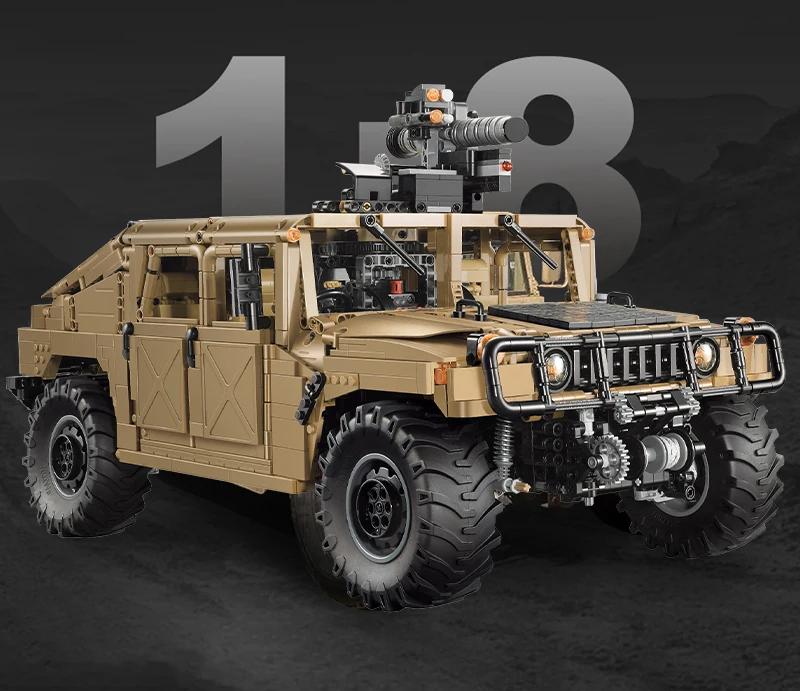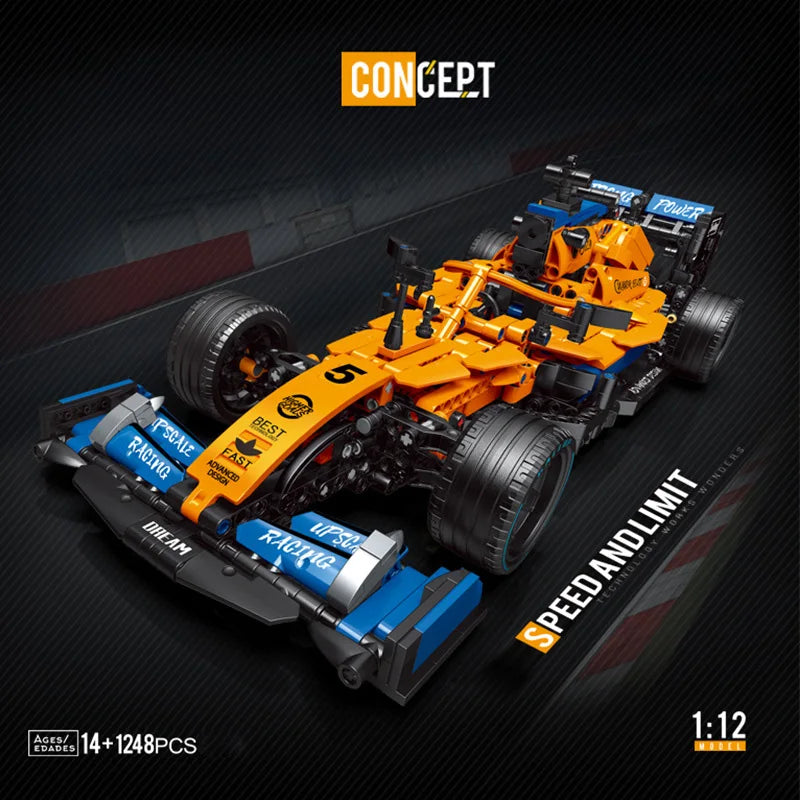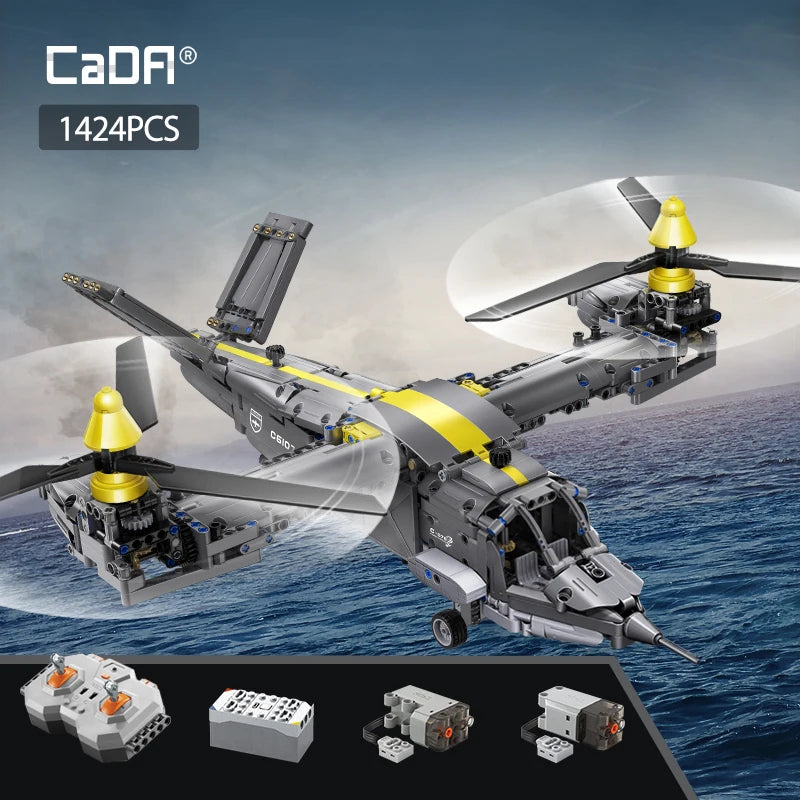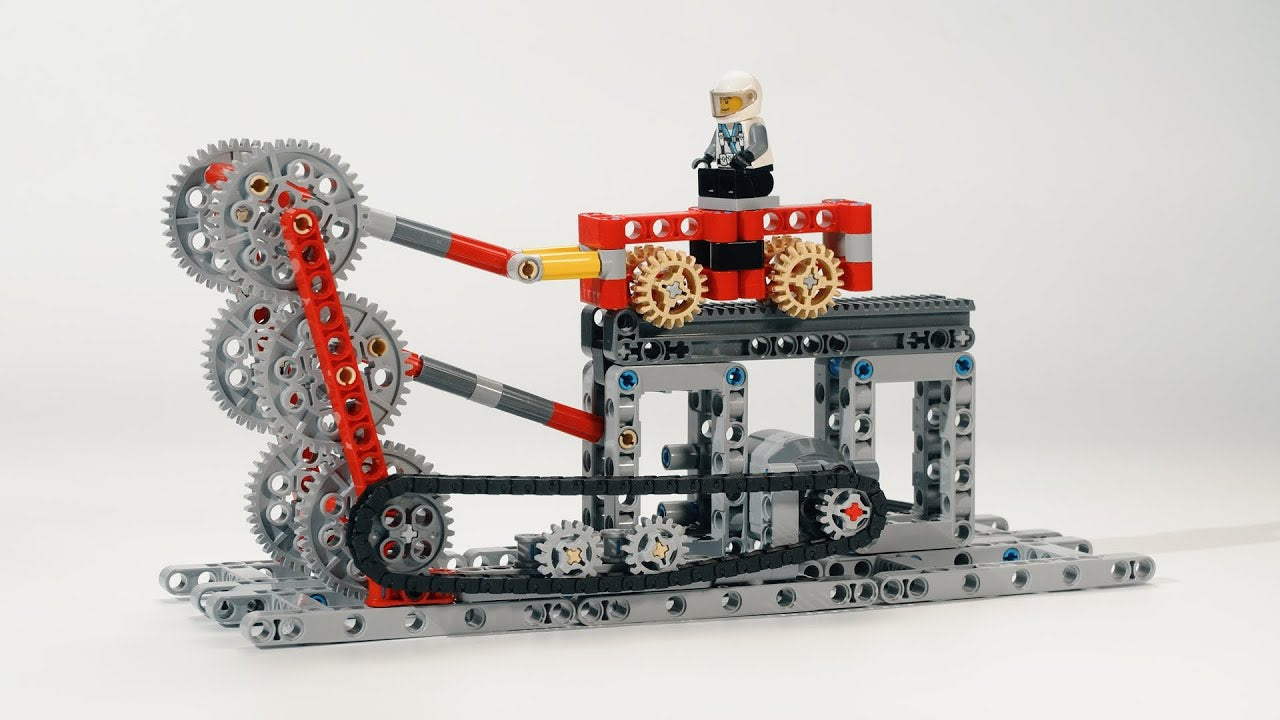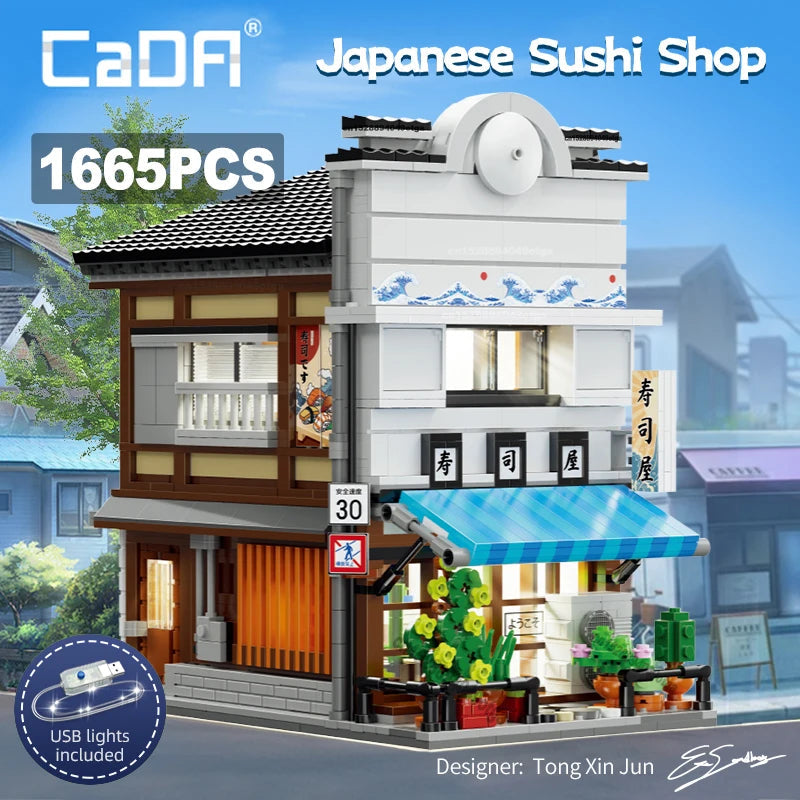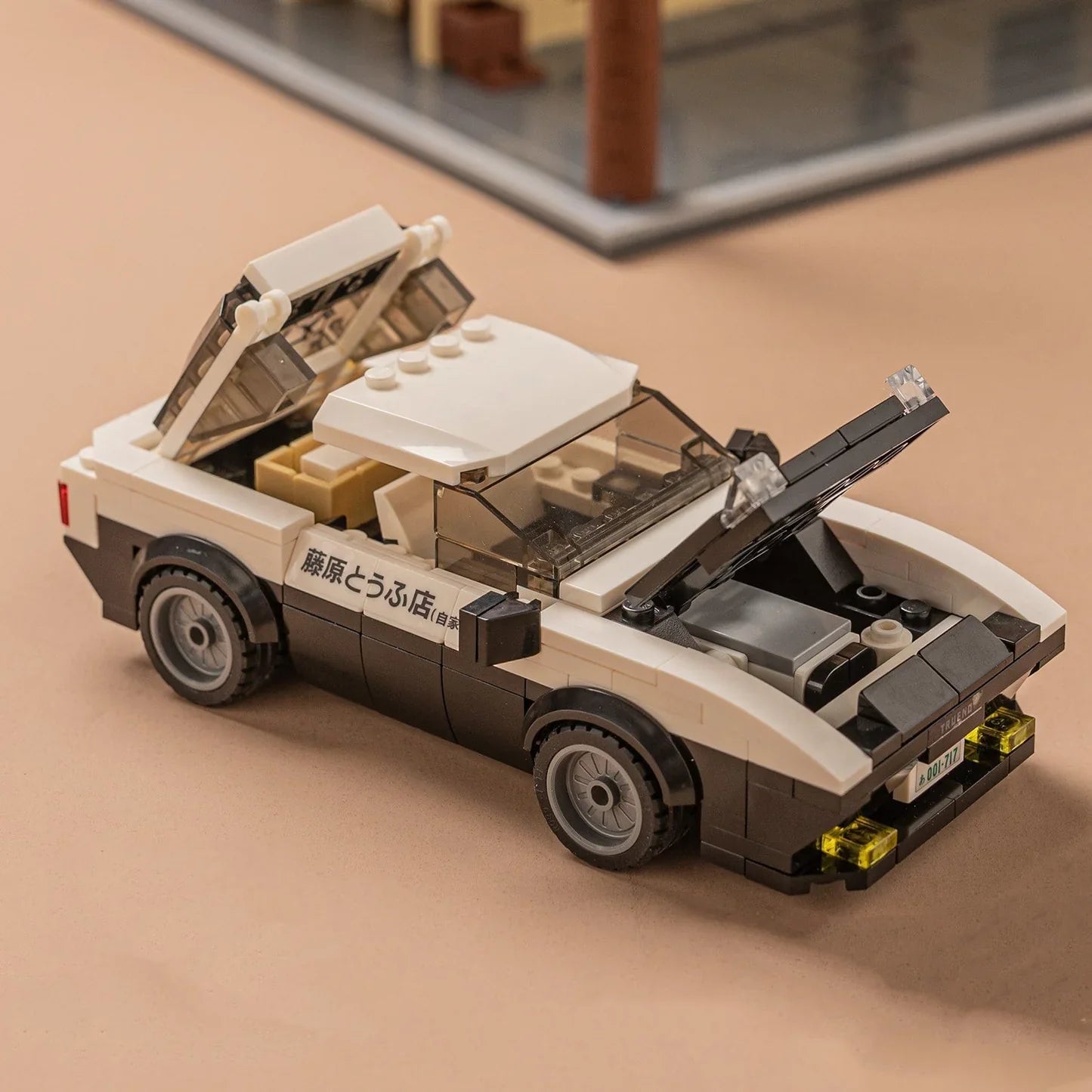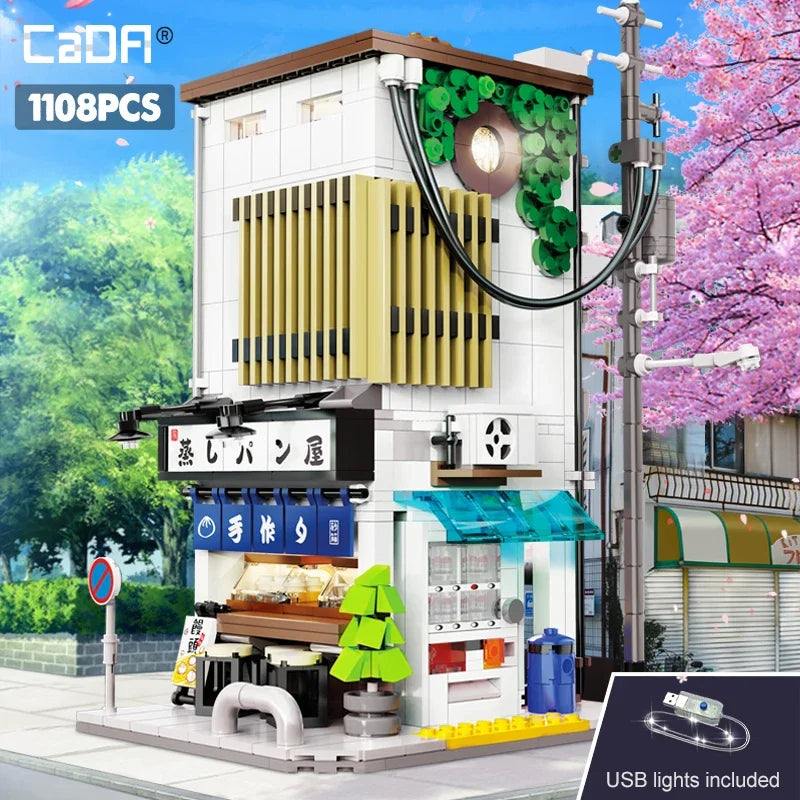How to Open a LEGO Store 2026

Podíl
Opening a LEGO store is a dream venture for many enthusiasts, entrepreneurs, and toy retailers who want to combine passion with profit in a booming niche market. With LEGO's global brand recognition, dedicated fan base, and consistent popularity across generations, starting a LEGO retail business offers a unique blend of fun, creativity, and entrepreneurship. As someone who has researched extensively on retail franchises and niche toy markets, I understand the value of not only knowing the LEGO brand inside out but also mastering the business fundamentals necessary to open and run a successful LEGO store. Whether you want to open a LEGO franchise store or an independent LEGO resale shop, this guide will walk you through the vital steps, strategic considerations, and key resources to help you launch your store confidently and competitively in 2025 and beyond.
The LEGO market spans original new sets, discontinued and collectible pieces, bulk bricks, minifigures, and related merchandise. Players like Bricks & Minifigs have pioneered franchise opportunities focused on buying, selling, and trading LEGO products, making it easier than ever to get started with an established business model and proven support system. Understanding business requirements, investment costs, inventory sourcing, store setup, marketing, and ongoing operations is essential to translate your passion into a sustainable, profitable retail environment. In this article, I share authoritative insights drawing from current franchise data, expert franchising resources, and practical business advice to empower you with a step-by-step blueprint for how to open your own LEGO store, aligned with the latest industry standards.
CADA BRICKS® Best Sellers - SHOP NOW
Understanding the LEGO Store Business Model
What Types of LEGO Stores Are There?
When considering how to open a LEGO store, the first step is to understand your options:
- LEGO Certified Stores: Official retail outlets authorized by the LEGO Group, stocked with current LEGO sets and merchandise.
- Bricks & Minifigs Franchise Stores: Specialized resale franchises offering new, pre-owned, and collectible LEGO bricks and accessories.
- Independent LEGO Retail Stores: Privately owned shops selling LEGO products sourced through distributors or the secondary market.
Each model has distinct startup requirements, brand affiliation levels, and operational characteristics. The Bricks & Minifigs franchise is especially notable for those wanting a proven business blueprint in 2025, combining buying, selling, and trading LEGO products under a support system with training and protected territories .
Why Open a LEGO Store?
- Global Brand Power: LEGO is one of the world’s most recognizable toy brands, attracting customers from kids to adult collectors.
- Repeat Business: LEGO fans frequently return for new sets, expansions, and collectibles.
- Community Engagement: Stores often host events, workshops, and contests, creating loyal local communities.
- Resale & Collectibles Market: The thriving secondary market for used and rare LEGO pieces adds a dynamic revenue stream.
CADA BRICKS® Supercars - SHOP NOW
CADA BRICKS® Best Sellers | CADA BRICKS® Supercars & Racing Cars | CADA BRICKS® Trucks & Construction | CADA BRICKS® Military & Weapons | CADA BRICKS® Initial D
Step 1: Research Franchise Opportunities and Legal Requirements
Choosing a Franchise or Independent Model
A primary decision is whether to pursue a LEGO franchise like Bricks & Minifigs or an independent LEGO retail business. Franchise benefits include:
- Established brand recognition beyond LEGO itself.
- Protected sales territories.
- Comprehensive corporate training (including inventory, merchandising, and customer service).
- Ongoing operational support and marketing assistance.
Bricks & Minifigs franchises require an initial franchise fee (around $20,000 to $40,000) and total startup costs that can range from approximately $100,000 to $280,000 depending on store size and location . Franchisees must also meet financial qualifications, such as having a minimum net worth of about $175,000 and liquid capital around $70,000 to $75,000 .
Independent LEGO stores offer more flexibility but also bear more risk without the backing and systems provided by a franchisor.
Legal and Licensing Considerations
- Register your business entity according to local laws.
- Obtain all necessary permits and retail licenses.
- Understand any trademark or branding restrictions when operating under the LEGO name.
- Review franchise disclosure documents carefully to understand obligations, fees, and territory rights if franchising.
CADA BRICKS® City Landmarks - SHOP NOW
CADA BRICKS® Licensed Cars | CADA BRICKS® Classic Cars | CADA BRICKS® Motorcycles & Bikes | CADA BRICKS® Off-Road & 4x4 | CADA BRICKS® Emergency Vehicles
Step 2: Develop a Solid Business Plan
A comprehensive business plan is essential to attract financing, organize your goals, and map out operations. Key components include:
- Market Analysis: Define your target customers (families, adult collectors, hobbyists) and competitors.
- Store Location: Choose a high-traffic retail area such as malls, shopping centers, or standalone storefronts.
- Budget and Financial Projections: Include franchise fees, inventory, leasehold improvements, staff costs, and marketing.
- Inventory Strategy: Plan to stock a balanced mix of new LEGO sets, rare collectible pieces, bulk bricks, and accessories.
- Marketing Plan: Outline promotion strategies including grand opening events, local advertising, social media, and community programs.
- Staffing Plan: Consider hiring knowledgeable employees passionate about LEGO who can engage customers effectively.
CADA BRICKS® Technic Sets - SHOP NOW
CADA BRICKS® Japanese Street | CADA BRICKS® City & Landmark | CADA BRICKS® Science & Educational | CADA BRICKS® Technic | CADA BRICKS® Modern Architecture
Step 3: Secure Financing and Budget Smartly
Starting a LEGO store requires significant upfront investment. Typical expense categories include:
- Franchise fee ($20,000 to $40,000+)
- Store build-out and design ($5,000 to $35,000)
- Initial inventory ($25,000 to $125,000)
- Furniture, fixtures, Point of Sale (POS) systems ($16,500 to $41,000)
- Marketing and grand opening promotion ($5,000 to $10,000)
- Staff salaries and training
- Licenses, insurance, and miscellaneous overhead
You may explore traditional business loans, SBA loans (many LEGO franchises qualify), private investors, or personal savings to cover costs. Franchisors like Bricks & Minifigs may assist by guiding you to SBA-approved lenders .
Step 4: Location Selection and Store Design
Strategically choosing and designing your store impacts foot traffic and brand experience.
- Choose locations with family-friendly demographics and toy retail demand.
- Create displays that highlight new sets, collectible minifigures, and trade-in options.
- Incorporate interactive building stations or event spaces to encourage longer visits.
- Use franchise-approved signage and store layouts if reopening a franchise store.
CADA BRICKS® Display & Collectibles - SHOP NOW
CADA BRICKS® Castle Building Blocks | CADA BRICKS® City Building | CADA BRICKS® Remote Control | CADA BRICKS® Display & Collectibles | CADA BRICKS® Anime & Pop Culture
Step 5: Inventory Management and Supplier Relationships
Successfully opening and running a LEGO store requires a well-curated inventory:
- Obtain inventory directly from LEGO or authorized resellers for new sets.
- Stock pre-owned LEGO products and rare pieces through trade-ins, collectors, and secondary markets.
- Ensure a mix of bulk bricks, mini-figures, themed sets, and accessories.
- Use software tools to track sales trends and inventory turnover.
Step 6: Staff Training and Customer Experience
Well-trained staff are the backbone of an engaging LEGO store experience.
- Provide training on LEGO product knowledge, merchandising, and customer service.
- Emphasize the brand promise of creativity, customer engagement, and community building.
- Offer workshops, LEGO-building events, and loyalty programs to enhance repeat visits.
Franchisors typically include training programs lasting several days covering all operational and product aspects .
CADA BRICKS® Remote Control Sets - SHOP NOW
CADA BRICKS® Mechanical Engineering Building Blocks | CADA BRICKS® Kids Building Blocks | CADA BRICKS® Teens Building Blocks | CADA BRICKS® Adult Building Blocks
Step 7: Marketing Strategies for Grand Opening and Growth
A strong marketing approach propels your LEGO store’s success.
- Launch with a grand opening event featuring promotions, special builds, and community involvement.
- Create a loyalty rewards program.
- Use social media to engage fans with building contests, new set announcements, and unique products.
- Collaborate with schools, local clubs, and events to introduce your store to new customers.
- Monitor and adjust marketing campaigns based on customer feedback and sales data.
Final Thoughts: Building Your Future Brick by Brick
Opening a LEGO store is not just about selling toys but inspiring creativity and community connection. By choosing the right business model, planning your investment wisely, curating your inventory thoughtfully, and delivering exceptional customer experiences, you can build a thriving LEGO retail business with lasting impact.
Whether pursuing a franchise like Bricks & Minifigs, with its robust support system and proven success, or an independent LEGO store, thorough research, detailed business planning, and committed execution will pave your way to success. The LEGO journey starts with a single brick — and with the right approach, your store can create a foundation for years of joyful building and business growth.

